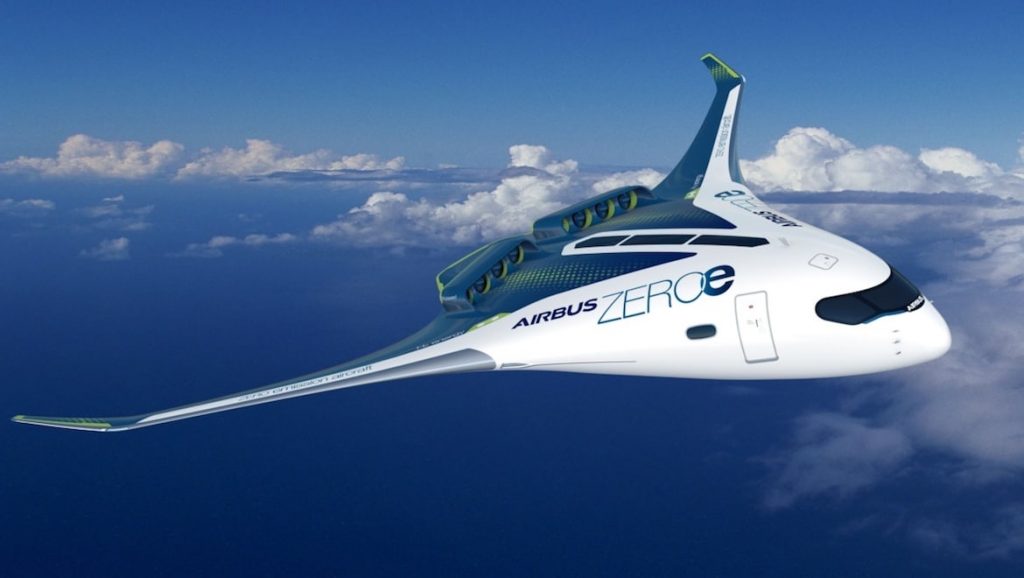
Airbus has announced it will be hiring 6,000 employees beginning this year, set to accelerate the company’s sustainability efforts.
The recruitment spree will be across its global network, according to an Airbus press release on Wednesday.
It comes as a positive sign of progress for the aviation industry, following the thousands of terminations which occurred during 2020 when the pandemic first emerged.
“Airbus has demonstrated resilience throughout the COVID crisis and has laid the foundations for a bold future for sustainable aviation,” said Thierry Baril, Airbus chief human resources and workplace officer.
“This can only be achieved by acquiring the right talents in the various domains of expertise that will help us grow our activities as we come out of the crisis, while preparing the long-term transformation of the company”, he added.
Baril said the initial wave will take place worldwide across all businesses, and the number of external hires will be reassessed before the middle of the year.
The company will focus on “new skills” that the planemaker requires in a post-COVID world, which will represent a quarter of the employees hired.
These skills will promote the company’s efforts in decarbonisation, digital transformation and cyber technology.
According to the planemaker, the rest will be allocated to young graduates.
“We will also do our utmost to reinforce diversity across the company, fostering a safe and inclusive culture reinforcing Team Airbus to be ready to pioneer sustainable aerospace,” Baril said.
In June 2020, Airbus faced the gravest decision to cut nearly 15,000 jobs within its workforce as the pandemic surged.
At the time, about 40 per cent of commercial aircraft business was down and the job cuts would allow the company to mitigate the losses.
But now as the industry kickstarts again to almost pre-pandemic levels, Airbus has begun matching the surge of travel with new employees, as well as the demand for sustainable aviation.
A major focus of Airbus is to decarbonise the industry, set on delivering the first zero emissions commercial aircraft to the market by 2035.




